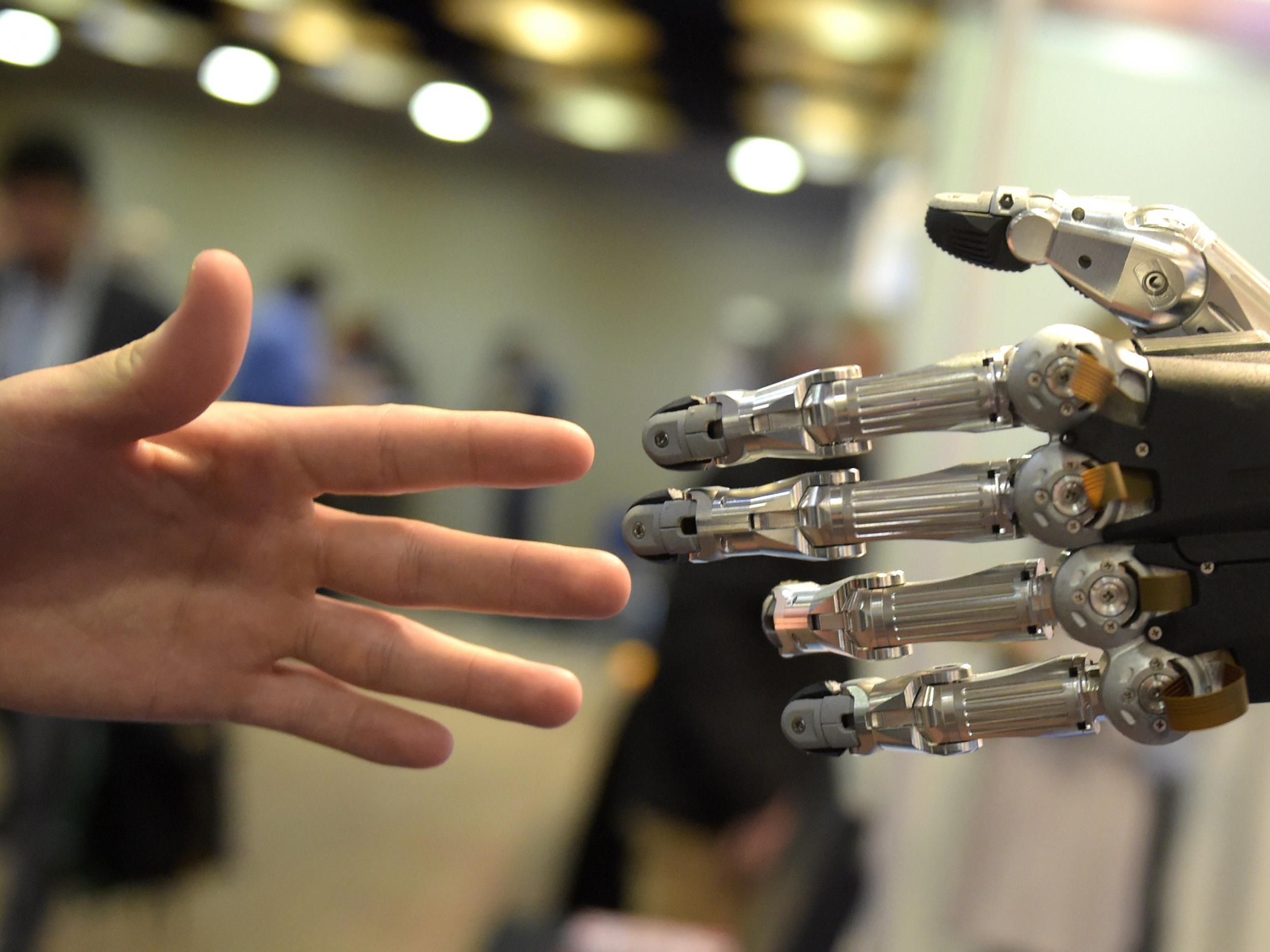UK employers failing to prepare staff for automation, new research shows
A third of workers feel their job will be automated within the next decade

Your support helps us to tell the story
From reproductive rights to climate change to Big Tech, The Independent is on the ground when the story is developing. Whether it's investigating the financials of Elon Musk's pro-Trump PAC or producing our latest documentary, 'The A Word', which shines a light on the American women fighting for reproductive rights, we know how important it is to parse out the facts from the messaging.
At such a critical moment in US history, we need reporters on the ground. Your donation allows us to keep sending journalists to speak to both sides of the story.
The Independent is trusted by Americans across the entire political spectrum. And unlike many other quality news outlets, we choose not to lock Americans out of our reporting and analysis with paywalls. We believe quality journalism should be available to everyone, paid for by those who can afford it.
Your support makes all the difference.UK employers are failing to prepare their staff for the impact automation will have in the workplace, new research shows.
A third of workers feel that their job will be automated within the next decade, while one in 10 fear they will lose their jobs to automation within two years, according to payroll firm ADP.
Half of those who feel they are at risk because of automation say their employer has yet to reskill them.
Younger workers are more concerned about automation than any other group, with just under half of workers aged between 16 and 35 fearing for their jobs in the next 10 years.
Anxieties about automation are heavily focused in London, where 46 per cent of workers worry about robots – more than anywhere else in the UK.
“Automation may seem like an issue for future generations, but our findings show that machines could replace thousands of employees in as few as five years,” says Jeff Phipps, managing director at ADP UK.
He said automation could also provide new roles that were not currently available despite the distinct possibility of jobs being made redundant by automation.
“By starting to upskill and retrain workers now, employers can ensure they and their employees are as ready as possible to work side-by-side with the machines,” said Mr Phipps.
Join our commenting forum
Join thought-provoking conversations, follow other Independent readers and see their replies
Comments